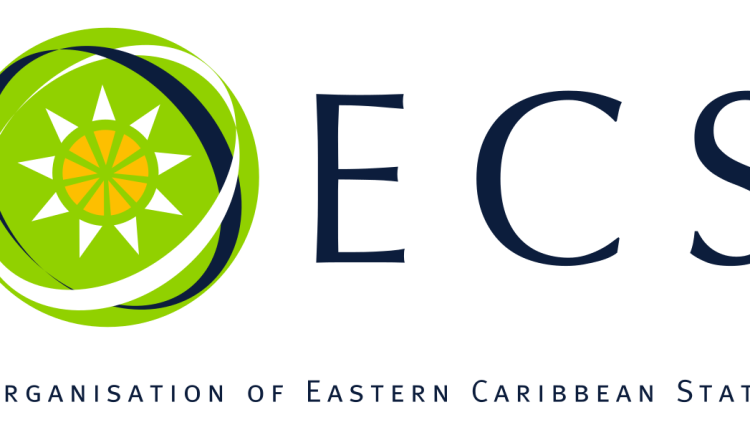Nature Dependent Tourism Underpins The Blue Economy In The OECS
OECS States should balance coastal development and conservation and weigh the ‘opportunity cost’ of ‘losing nature’ to ‘development.’
So says Dr. Mark Spalding, Senior Marine Scientist on a Mapping Ocean Wealth initiative recently undertaken by The Nature Conservancy (TNC) for the OECS under the Caribbean Regional Oceanscape Project (CROP).
The Mapping Ocean Wealth initiative includes ocean mapping data, tools, maps and models which make ocean science more accessible to policy makers at the national and regional level, and give a better understanding of the value of the coastal environment.
Speaking on the findings of the TNC Consultancy, Spalding said nature dependent tourism continues to be a major source of revenue for the five OECS Member States participating in the CROP, and as such, there needs to be a delicate balance between conservation and development.
“Marine Spatial Planning requires all the stakeholders to be engaged and they have to feel part of what I think has held marine spatial planning back in a lot of places, is not actually having the spatial information that underpins what has to be really a spatial process, a map-based process. So we think these maps get served-up to that process of marine spatial planning where you will, I hope, invite all the players – the fishers, the tour operators, the planners, the shipping companies, the farmers as well. It enables people; it sits at the beginning of the conversation and guides the conversation as well, because people can see those values, and then you can start. Much of this is about compromise, it’s about making sure everyone gets something out of it when you start to build a marine spatial plan. I think there’s also huge advantages of having these maps, in that they enable you to see potential. So, you may not be making a great deal of your mangrove forests or your whale and dolphin watching opportunities but if you can see that fellow countries nearby are doing things like that, you can also learn from that.”
The TNC Mapping Ocean Wealth exercise found that pre-COVID, Coral Reefs in the five CROP participating countries attracted 143,100 visitors and generated US$118.3 million in revenue annually. Nature dependent beaches in these countries generate an estimated US$318 million per annum. Whale and Dolphin watching in Dominica, Grenada, Saint Lucia, and Saint Vincent and the Grenadines generate approximately US$6.2 million annually. Spalding was quick to point out that these revenue streams from the Blue Economy can be compromised or undermined by unsustainable activity.
“So, you can start to see the opportunity cost of losing nature. I think the maps just provide an important basis for conversation, but marine spatial planning has to involve people, stakeholders. I think what this does is inform and enables people to look under the; I would always encourage people to look inside, look at the model, see what we did. If there’s something that seems odd, you can query it, because it’s a logical model.”
The Caribbean Regional Oceanscape Project (CROP) is funded by the Global Environment Facility through the World Bank. It aims to move OECS Member States closer to a blue economy.

